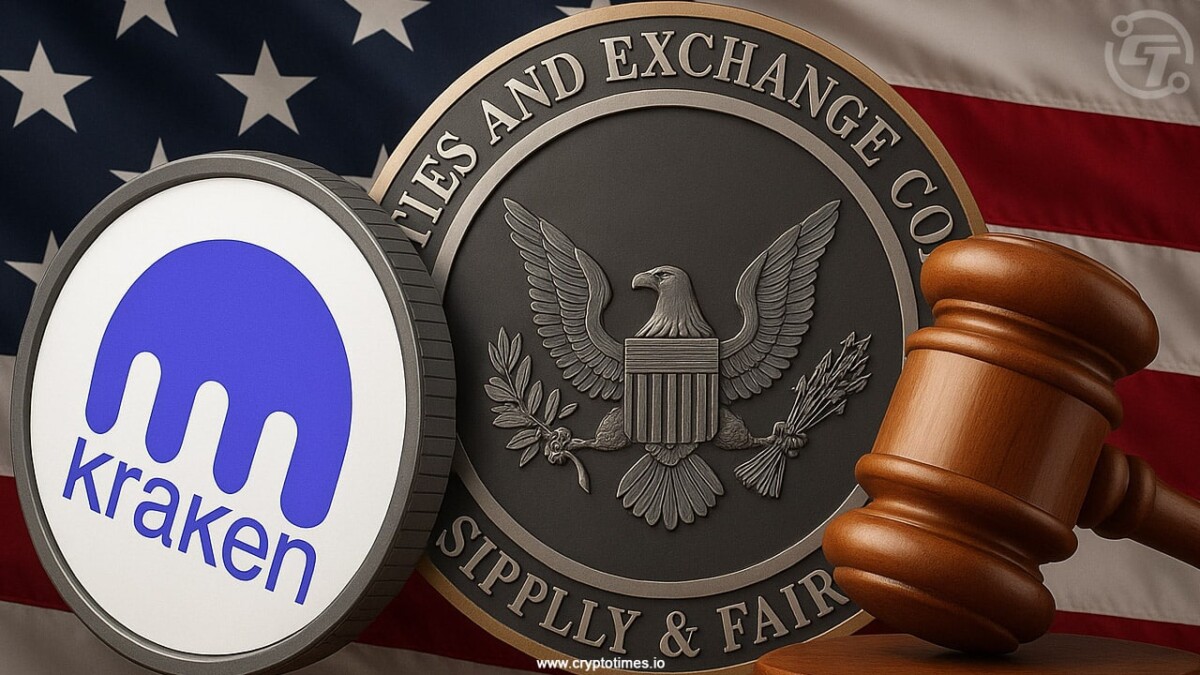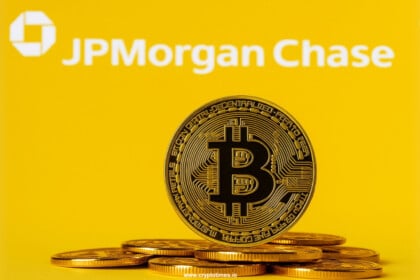Washington is once again in the thick of crypto policy debates. The U.S. Securities and Exchange Commission’s (SEC) Crypto Task Force has been holding a series of meetings with representatives of Kraken, one of the country’s largest crypto exchanges, to discuss what many believe could shape the future of digital finance: tokenization and staking.
The first meeting, held on June 2, brought SEC officials and executives from Kraken’s parent company, Payward Inc., to the table. According to a memo dated May 29, the agenda centered on regulatory questions surrounding crypto assets. The main focus of the talks was tokenization, which means turning traditional assets like stocks, bonds, and real estate into digital tokens on a blockchain.
Kraken also spoke about staking, where investors lock their tokens to help run blockchain networks and, in return, receive rewards. Regulators sought clarity on the variations in staking models and their potential benefits, while also weighing how far the SEC’s existing authority could stretch to cover them.
From Regulation to Tokenized Trading
Fast forward to August 25. A follow-up meeting saw Kraken return with its legal team from Wilmer Cutler Pickering Hale and Dorr LLP. This time, the conversation drilled down into the mechanics of a tokenized trading system.
Kraken’s proposed agenda outlined how such a system would function, from transaction lifecycles to its architectural framework. The firm said tokenization could make capital markets more accessible, encourage innovation, and bring financial opportunities to a broader range of people.
The SEC’s challenge is balancing innovation with investor protection. For Kraken, regulatory clarity could mean a green light to expand its offerings in the U.S. At the table were senior Kraken executives, including Mark Greenberg, Jonathan Jachym, Emily Gianetta, and Andriana VanderGriend, joined by WilmerHale partners Jeremy Moorehouse and Reid Carroll.
No decisions have been announced yet. But the series of meetings underscores two realities: crypto companies want clear rules to innovate, and regulators are cautiously probing the fine print of technologies that could redefine capital markets.
Also Read: SEC Delays WisdomTree XRP ETF Decision to October 2025











